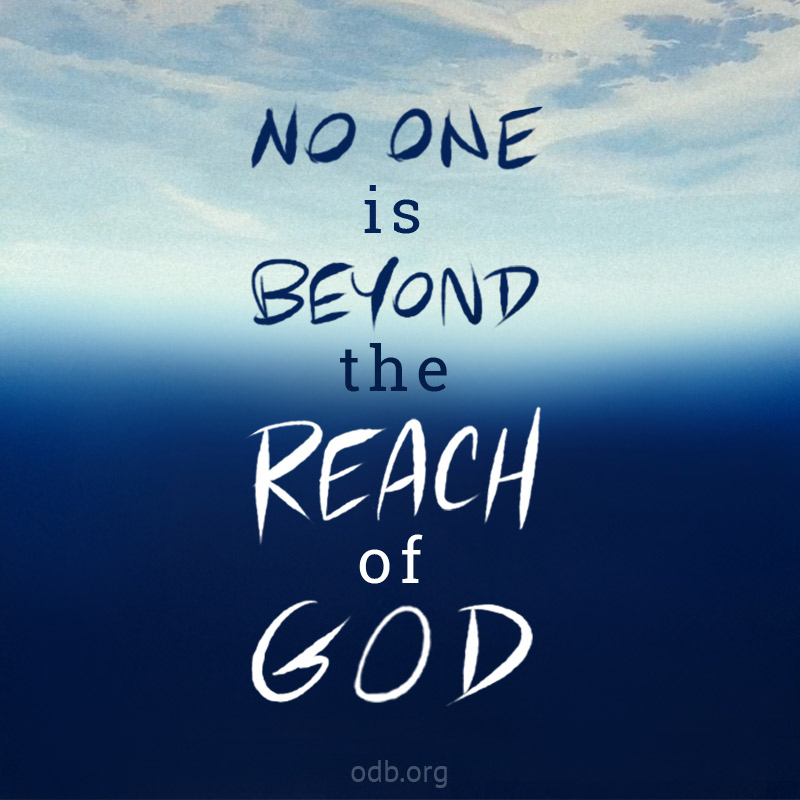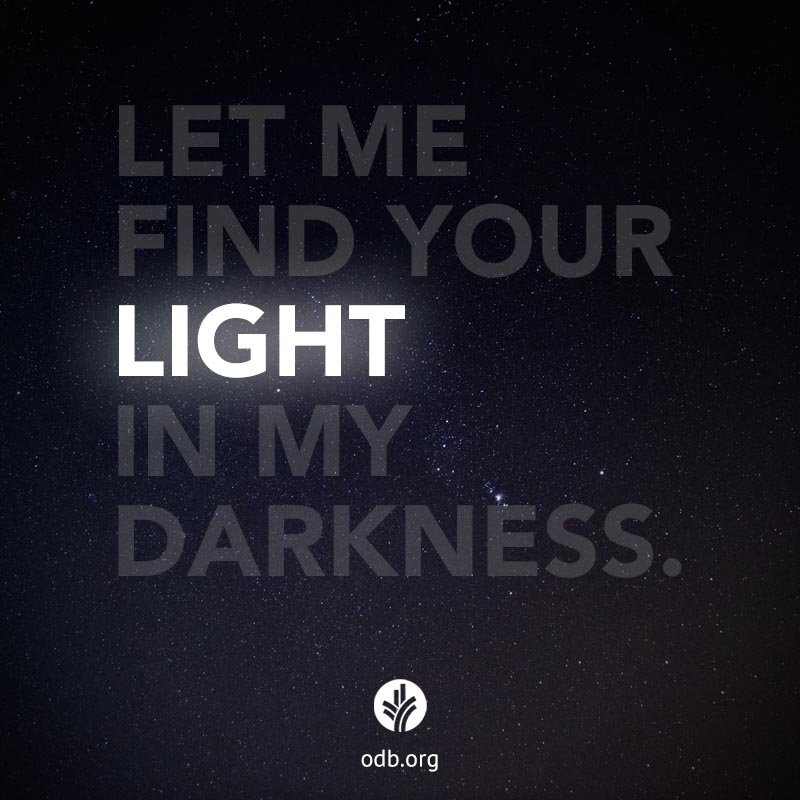
The Valley of Vision
The Puritan prayer “The Valley of Vision” speaks of the distance between a sinful man and his holy God. The man says to God, “Thou hast brought me to the valley of vision . . . ; hemmed in by mountains of sin I behold Thy glory.” Aware of his wrongs, the man still has hope. He continues, “Stars can be seen from the deepest wells, and the deeper the wells the brighter Thy stars shine.” Finally, the poem ends with a request: “Let me find Thy light in my darkness, . . . Thy glory in my valley.”
Jonah found God’s glory during his time in the ocean’s depths. He rebelled against God and ended up in a fish’s stomach, overcome by his sin. There, Jonah cried to God: “You cast me into the deep . . . . The waters surrounded me, even to my soul” (Jonah 2:3,5 nkjv). Despite his situation, Jonah said, “I remembered you, Lord, and my prayer rose to you” (v. 7). God heard his prayer and caused the fish to free him.
Although sin creates distance between God and us, we can look up from the lowest points in our lives and see Him—His holiness, goodness, and grace. If we turn away from our sin and confess it to God, He will forgive us. God answers prayers from the valley.
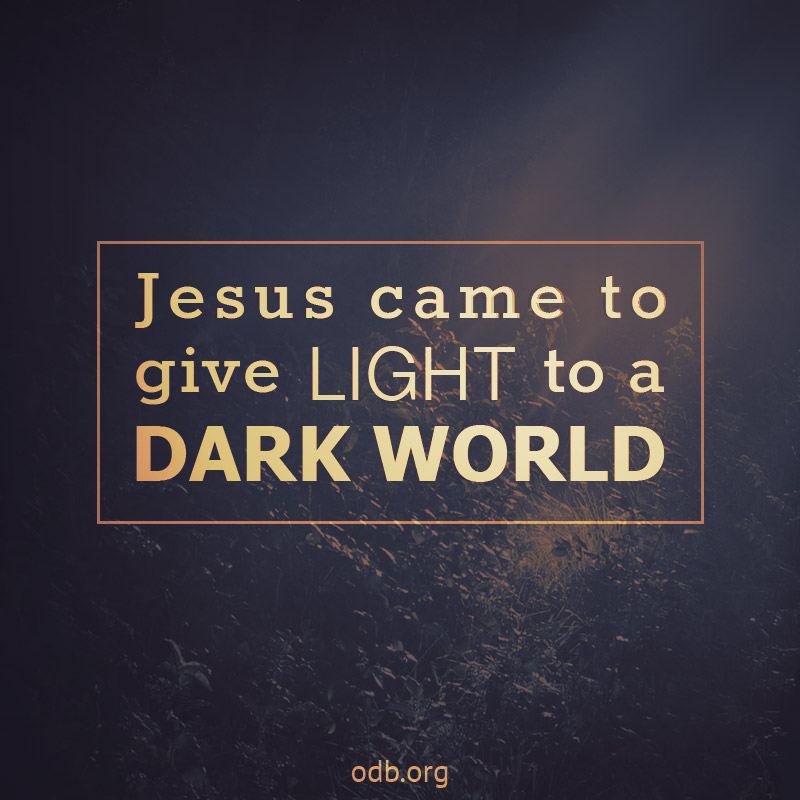
Piercing the Darkness
I caught my first glimpse of them as a college student. On a frosty, fall night, far from the lights of the city, I was riding on a hay wagon loaded with noisy friends when the sky lit up and colors flashed across the horizon. I was mesmerized. Ever since that night I have been fascinated with the phenomenon called aurora borealis, also known as northern lights. Mostly they are seen far north of where I live, but occasionally they appear in lower latitudes. Having seen them once, I long to see more. Whenever the conditions are favorable, I say to my equally fascinated friends, “Maybe tonight . . .”
Throughout Scripture, light and glory are used to describe the coming of the Lord. A time is coming when the sun and moon will be unnecessary (Isa. 60:19). And in describing God on His throne, the apostle John wrote, “The one who sat there had the appearance of jasper and ruby. A rainbow that shone like an emerald encircled the throne” (Rev. 4:3).
An emerald circle is an apt description of the northern lights. So whenever I see glorious light displays in the skies above—whether in person or via picture or video—I think of it as a foretaste of what is to come, and I praise God that even now His glory pierces the darkness.
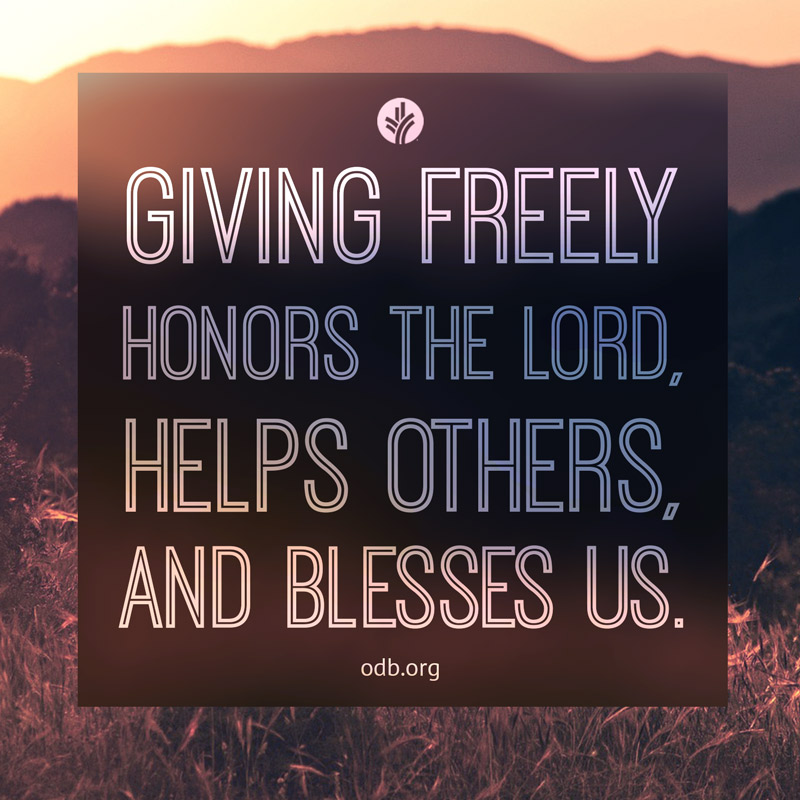
Give It Away
Many charities that help people with various needs depend on donations of unwanted clothing and household items from those who have more than enough. And it’s good to give away unused things so they can benefit others. But we are often more reluctant to part with things of value that we use every day.
When Paul was imprisoned in Rome, he needed continuing encouragement and the companionship of trusted friends. Yet he sent two of his closest comrades to help the followers of Jesus in Philippi (Phil. 2:19-30). “I hope in the Lord Jesus to send Timothy to you soon . . . . I have no one else like him, who will show genuine concern for your welfare” (vv. 19-20). And, “I think it is necessary to send back to you Epaphroditus, my brother, co-worker and fellow soldier, who is also your messenger, whom you sent to take care of my needs” (v. 25). Paul freely gave to others what he most needed himself.
Whatever we feel is “most valued” in our lives today could be of great benefit to someone we know. It may be our time, friendship, encouragement, a listening ear, or a helping hand. When we give away what the Lord has given to us, He is honored, others are helped, and we are blessed.
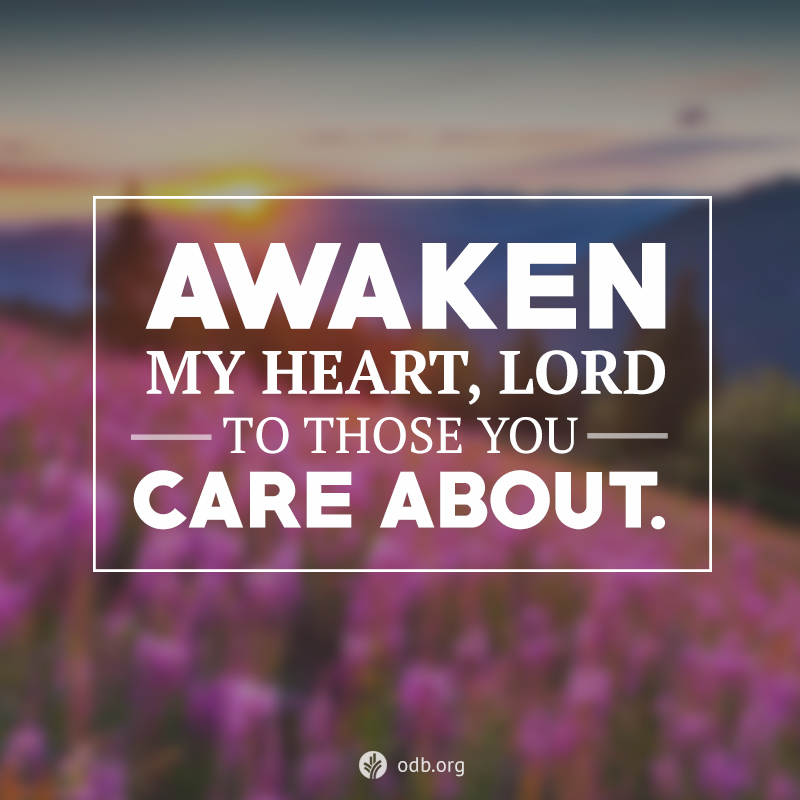
Consider the Poor
The year was 1780, and Robert Raikes had a burden for the poor, illiterate children in his London neighborhood. He noticed that nothing was being done to help these children, so he set out to make a difference.
He hired some women to set up schools for them on Sunday. Using the Bible as their textbook, the teachers taught the poorest children of London to read and introduced them to the wisdom of the Bible. Soon about 100 children were attending these classes and enjoying lunch in a safe, clean environment. These “Sunday schools,” as they were soon called, eventually touched the lives of thousands of boys and girls. By 1831, Sunday schools in Great Britain reached more than a million children—all because one man understood this truth: “The righteous considers the cause of the poor” (Prov. 29:7 nkjv).
It’s no secret that Jesus cares greatly for those who struggle. In Matthew 25, He suggests that followers of Christ show a readiness for the Lord’s return by helping the hungry to get food, helping the thirsty to get a drink, helping the homeless to find a home, helping the naked to get clothes, and helping the sick or imprisoned to receive comfort (vv. 35-36).
As we bear witness that Christ is in our hearts, we honor our compassionate Savior by considering those on God’s heart.
